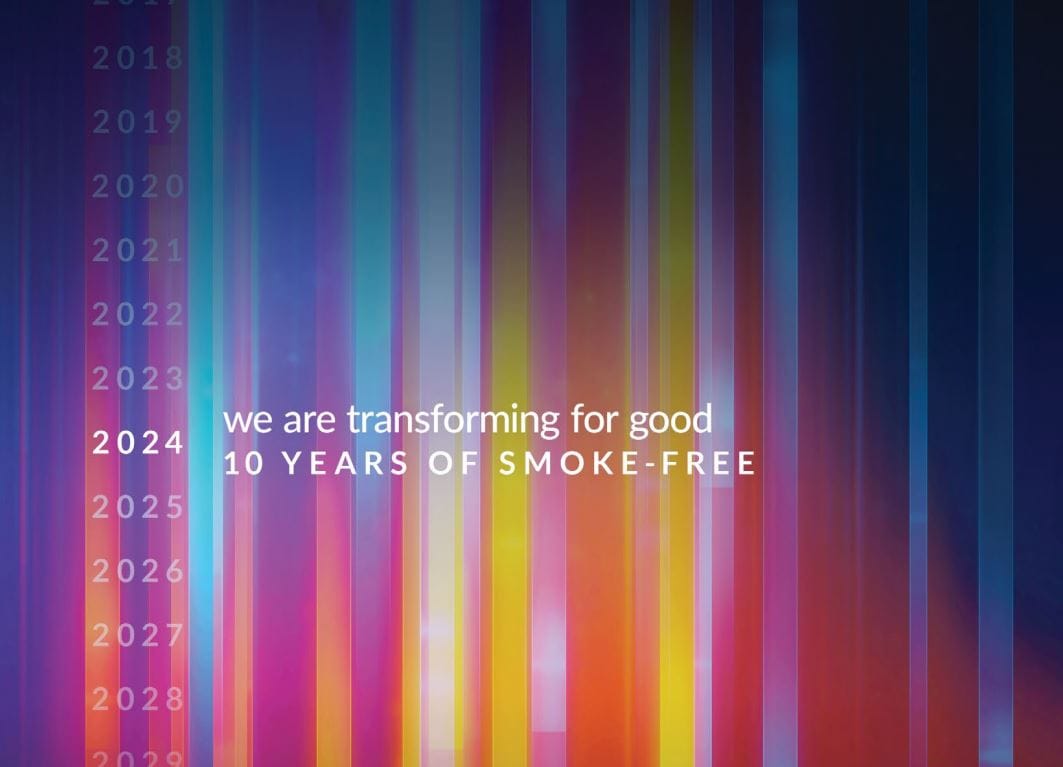Philip Morris International (PMI) has been recognized with a “triple-A” rating for its performance in tackling climate change, protecting forests, and water security—demonstrating the company’s commitment to global environmental leadership.
This is the third year that CDP, an international not-for-profit charity that helps companies disclose their environmental impacts, has rewarded PMI for its work in these three key areas.

PMI's Low-Carbon Transition Plan
“External validation from organizations like CDP encourages us to continue on our journey aiming at creating in the long run a net-positive impact on society. We are humbled PMI has received CDP’s ‘Triple A’ distinction for the third consecutive time,” said Jennifer Motles, Chief Sustainability Officer. “As we continue to transform our business, clear and transparent reporting of our progress remains paramount. This helps us get ahead of regulatory and policy changes, identify and tackle growing risks, and find new opportunities for action that our investors, consumers, and other key stakeholders worldwide are demanding.”
PMI was one of only 12 companies worldwide, out of 1,000, to achieve the prestigious A-rating in all three categories, ensuring that it retains its place among the world’s most pioneering companies in environmental transparency and performance.
“As a company with a multinational environmental footprint, we have a role to play in protecting our planet and are determined to remain at the forefront of the climate-neutral agenda,” said Massimo Andolina, SVP, Operations. “By recognizing PMI as a climate leader, CDP encourages us to persist on our endeavors. We define and execute strategies and initiatives that help us to reduce the environmental impact across our value chain and we believe that working collectively with tobacco growers, suppliers, retailers, NGOs, and governments is crucial, implementing adaptation and mitigation measures across our value chain to strengthen its resilience to climate risks.”
Progress that leads to change
In 2022, PMI has continued to accelerate its ambitious decarbonization targets following the launch of its Low-Carbon Transition Plan (LCTP) in November 2021.
The LCTP showcases PMI’s sustainability targets toward carbon-neutrality and net-zero emissions, setting the scene for how it will operate in future.
Earlier this year, the company increased the number of carbon-neutral production centers in its network by eight, raising the total from five in 2021 to 13 in 2022.
This shows the progress the company is making toward its goal of achieving carbon-neutrality of all its factories by 2025.
In addition, the Science Based Targets initiative (SBTi) verified PMI’s 2040 net-zero science-based target (Scopes 1+2+3) in July this year. The company is one of the few to have their net-zero targets verified by the SBTi.
In December, PMI introduced new ambitions to drive its Preserve Nature strategy, building on previously announced targets related to forests and halting deforestation, communicated in a dedicated report.
Our new ambitions to Preserve Nature are:
Biodiversity
- Protect nature by achieving no net loss on ecosystems connected to PMI’s value chain by 2033
- Contribute towards a net positive impact on nature by 2050
Water stewardship
- Scale solutions toward a positive impact on water resources, measured as volume of water optimized and restored, by 2033
- Contribute toward a positive impact on water resources by 2050
“Clarity and transparency of reporting on our sustainability activity is paramount to us,” says Motles, “and we believe that by disclosing our progress, it will enable and inspire others to make sustainable changes that can have a positive global impact.”



